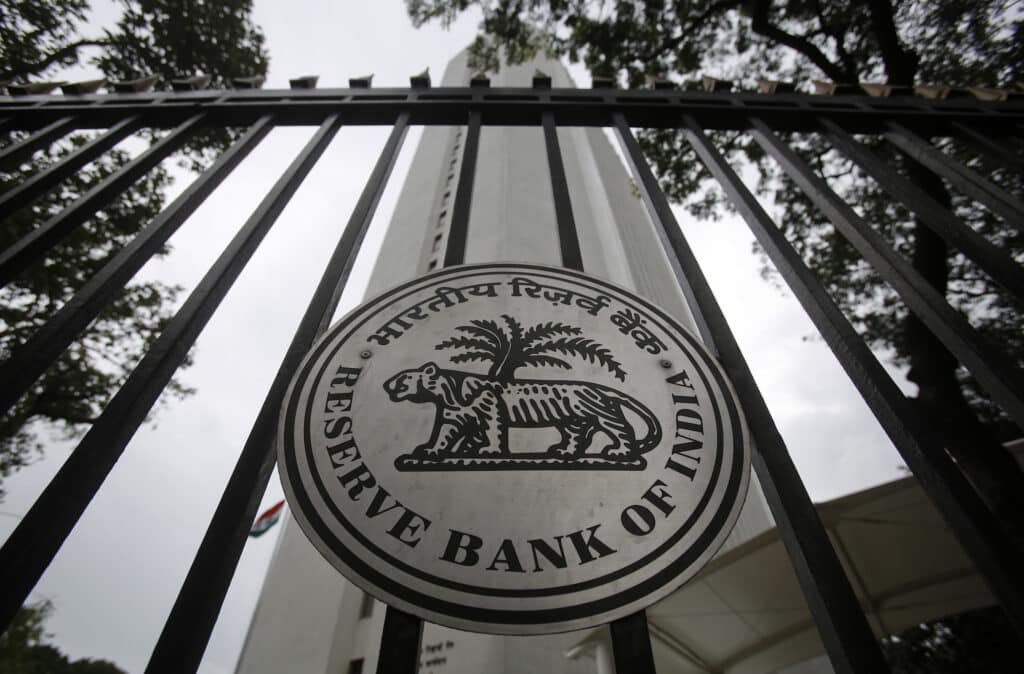Indian cryptocurrency exchanges are facing significant challenges after several banks and payment gateways severed ties with them. Following the Reserve Bank of India’s (RBI) stance against digital currencies, exchanges are scrambling to find viable solutions for seamless transactions. With 15 million crypto investors in India, the situation highlights the growing pains of an industry striving for stability amid regulatory uncertainty.
The RBI’s Stance Against Cryptocurrency
Concerns Over Financial Stability
- The Reserve Bank of India (RBI) has consistently expressed concerns about the volatility of digital currencies.
- The central bank believes cryptocurrencies pose risks to financial stability and has advised banks to distance themselves from crypto exchanges.
Ripple Effect on Banks and Gateways
- In response, major banks and payment gateways have halted partnerships with cryptocurrency platforms.
- This has disrupted transaction processing, leaving customers frustrated and exchanges struggling to maintain operations.
Impact on Indian Crypto Exchanges
Customer Complaints Surge
- The withdrawal of major payment gateways has caused transaction delays and failures, leading to a surge in customer complaints.
- Exchanges are now seeking alternative methods to ensure uninterrupted services.
Efforts to Maintain Operations
- Exchanges are exploring peer-to-peer (P2P) transactions and partnerships with smaller payment processors.
- Some platforms, like Bitbns, have developed their own payment systems to facilitate essential transactions.
Temporary Solutions in Place
Smaller Payment Gateways
- At least two exchanges have partnered with Airpay, a smaller payment processing firm.
- While these solutions offer a temporary fix, they lack the capacity to handle India’s large crypto trading volume.
Peer-to-Peer Transactions
- P2P transactions allow users to trade directly without intermediaries, providing some relief to exchanges and users alike.
Limitations of Temporary Fixes
- These solutions are insufficient for a market with 15 million investors, requiring more robust infrastructure and long-term regulatory clarity.
The Path Forward
Need for Regulatory Clarity
- The ongoing challenges emphasize the need for a comprehensive cryptocurrency regulatory framework in India.
- An expert committee is reportedly re-examining the government’s proposed cryptocurrency bill.
Hope Amid Uncertainty
- Despite the hurdles, exchanges remain optimistic, continuing to adapt and innovate in response to the current environment.
FAQs
Why are Indian cryptocurrency exchanges struggling?
Exchanges are facing challenges after banks and payment gateways cut ties under RBI guidance, disrupting transaction processes.
What is the RBI’s stance on cryptocurrencies?
The RBI has raised concerns about the volatility of digital currencies and their potential risks to financial stability, advising banks to step away from crypto-related services.
What temporary solutions are exchanges implementing?
Exchanges are relying on peer-to-peer transactions, smaller payment gateways, and self-developed payment systems to maintain basic operations.
Are these solutions sustainable?
While these methods provide short-term relief, they are inadequate to handle India’s large crypto investor base, highlighting the need for long-term regulatory clarity.
What does the future hold for cryptocurrency in India?
An expert committee is re-evaluating India’s cryptocurrency bill, and exchanges are hopeful for a balanced regulatory framework that supports growth and stability.
Conclusion
Indian cryptocurrency exchanges are navigating a challenging period, with transaction disruptions caused by banks withdrawing support. While temporary solutions like smaller gateways and P2P transactions provide some relief, the situation underscores the need for clear and supportive regulations. As the government re-examines its cryptocurrency policies, the industry remains hopeful for a more stable and enabling environment.
For more updates on how cryptocurrency regulations are evolving globally, explore our article on latest news, offering insights into the industry’s dynamic landscape.
Disclaimer: The information provided is not trading advice, Bitcoinworld.co.in holds no liability for any investments made based on the information provided on this page. We strongly recommend independent research and/or consultation with a qualified professional before making any investment decisions.


